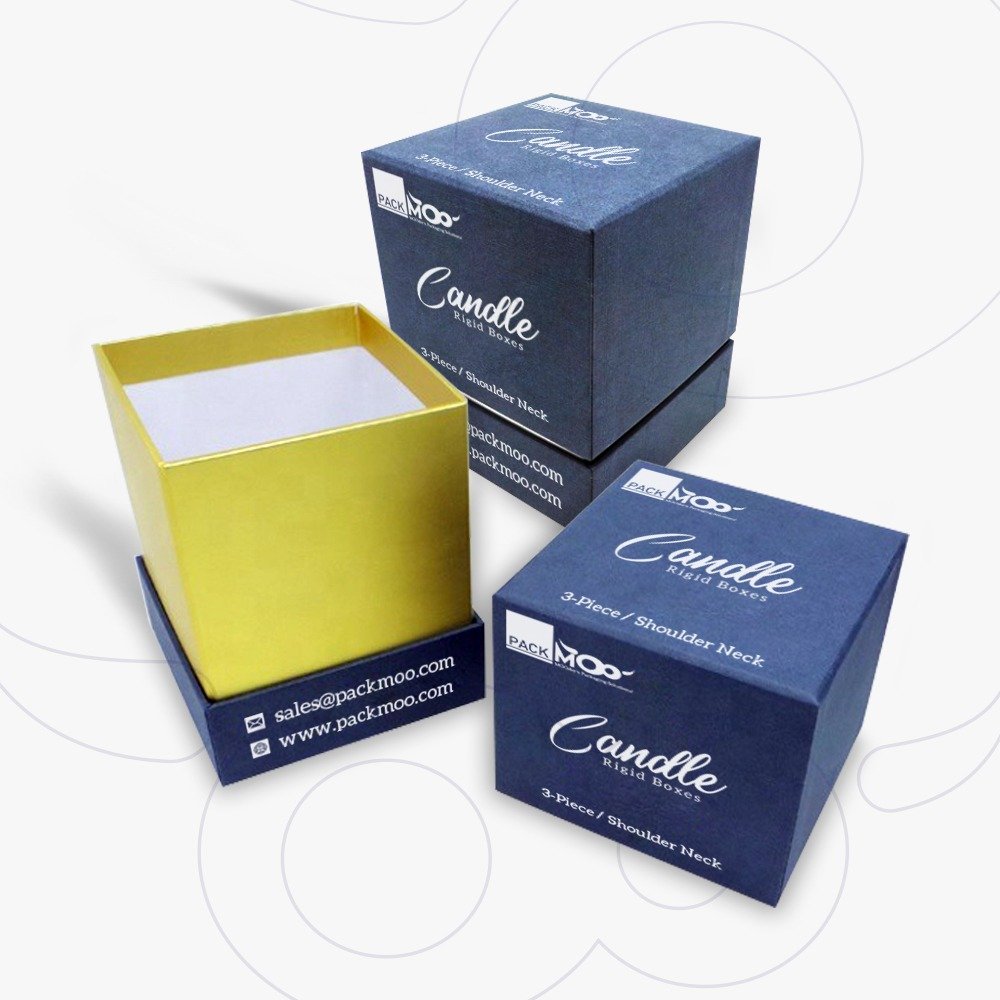Will Kratom Help You Fight Quarantine Depression?

Quarantine isolates people and excludes them from family, friends, and normal day-to-day activities, and exposes them to a whole new environment. Most people in quarantine experience depression that may worsen, causing adverse mental and physical conditions like exhaustion and migraine.
Therefore, during quarantine, one needs a prescription to curb depression, and a myriad of options are available, including antidepressants and therapy. Kratom is still under research, but most people, users, and medical practitioners, now recommend its use to treat many health conditions like stress, anxiety, pain, and low libido.
Kratom products are readily available and can be purchased online. Furthermore, it exists in different forms to suit users’ preferences and is easy to use. Kratom powder in tea in the morning when in quarantine, capsules as prescribed, or a regular intravenous injection are simple ways to use kratom.
Other antidepressants pose a significant risk to our health as they have hazardous side effects like constipation, headaches, and insomnia. For this reason, kratom seems like the best option currently. See below how kratom can help you curb quarantine depression.
- Relieves Anxiety
The chance of getting depression is higher when someone is anxious. Quarantine facilities provide a unique environment that might predispose someone to anxiety. Kratom relieves stress and is substantial in preventing depression.
At low doses, kratom acts mainly as a stimulant to provide users with energy, but at higher doses, it causes sedation and acts as an anxiolytic and antipsychotic. Therefore administration of kratom in quarantine helps relieve anxiety and curb depression that might come with it.
- Increase Serotonin Production
Serotonin is a chemical messenger that conveys signals between brain nerve cells.
Mitragynine, one of the indole alkaloids in kratom, interacts with dopaminergic, noradrenergic, and 5HT or serotonin receptors in the brain to treat migraine, schizophrenia, and depression.
The most prominent action of kratom alkaloids is on the serotonin receptors to increase serotonin secretion. The result is a calmer, happier, more focused, less anxious, and more emotionally stable mood. Serotonin is a natural mood stabilizer, and people with serotonin deficiency experience anxiety and sleepless nights.
A study using mice indicated that intraperitoneal administration of kratom reduced immobility time in FST, a test used to detect depression, showing that kratom has antidepressant actions. In another study, kratom exerted its effects on the dorsal raphe nucleus, an area of the central nervous system that contains numerous serotonin nuclei and plays a significant role in depression.
Therefore, kratom manages depression by modulating the serotonin pathways, and people in quarantine should consider using it to treat depression. In addition, kratom elevates mood and supplies the body with energy to make people engage in more productive activities and avoid idling that may cause depression.
- Reduce Blood Cortisol Levels
People with depression have a high blood cortisol level that peaks in the morning and doesn’t level off during the day, making the depressive state worse. However, when using kratom, depression patients register lower cortisol levels and more stable moods suggesting that kratom can help treat depression induced by cortisol.
Cortisol also causes headaches that might worsen the depressive state; thus, the pain-relieving properties of kratom are of great benefit.
- Balance Mood and Boost Energy
Low dose kratom supplies the body with immense energy to sustain an individual throughout the day and engage in healthy activities. Also, the brain stays alert and functions at its best. Furthermore, kratom promotes a stable, happy mood to users, thus helping alleviate the sadness that might lead to depression.
Depression can have physical effects like fatigue, headaches, pain and general sickness. Kratom relieves exhaustion and alleviates pain and headaches, making one feel alive and optimistic.
- Treat Pain-triggered Depression
Chronic pain causes mental disturbances and may lead to depression, and regular use of kratom may help relieve pain since kratom has analgesic properties. Kratom regulates the perception of pain, and people who use it report a reduction in pain sensation.
Table of Contents
Best Kratom for Depression
Kratom varieties contain the same alkaloids, but in different concentrations, so some strains are more effective in managing depression than others. Maeng Da kratom tops the list; it is available in powder, capsule, gum, and even tinctures and provides long-lasting sedating, anxiolytic and antidepressant effects.
Green Malay kratom is the other strain that causes tranquility to offset anxiety, enhances mood, and supplies energy to cure depression. The third strain is Red Bali which, despite its slow onset of action, treats depression more effectively and relaxes the body and mind.
Conclusion
Kratom is beneficial in managing depression and the symptoms that come with it; for this reason, patients in quarantine can use it as a cure and a preventive measure for depression.
However, the inappropriate use of kratom can lead to loss of muscle coordination, nausea, irritability, and constipation, and users should be cautious when using kratom.












